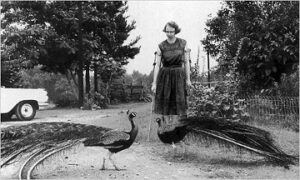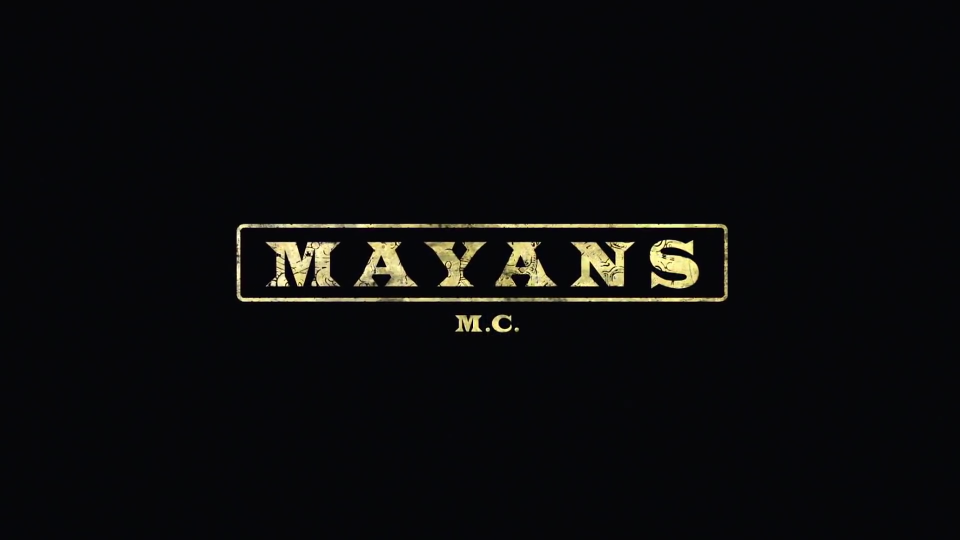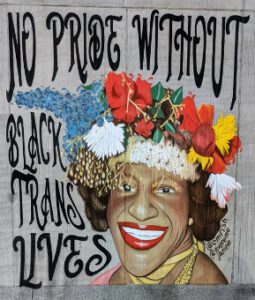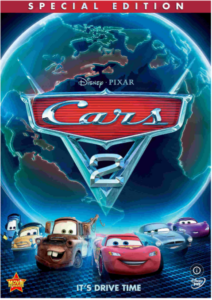“The lynching of my son has shown me that what happens to any of us
anywhere in the world had better be the business of us all.”
Mamie Till-Bradley in Till

The name Till is one that most Americans and many people around the world will recognize from their civil rights history lessons. In 1955, while visiting family, Emmett Till, a 14-year-old boy from Chicago, was brutally beaten and murdered for allegedly flirting with and whistling at a married white woman near Money, Mississippi. His bloated body was later found in the Tallahatchie River.
I must admit that when I first heard about the film Till, it immediately sparked my curiosity. Yes, I thought. The heinous crime that caused a media frenzy and galvanized the civil rights movement needs to be brought to new generations. But wait. We live in an age of trigger warnings (statements that alert readers or viewers to potentially disturbing content) and audiences with a heightened sensitivity to violence. So how can film director Chinonye Chukwu draw viewers to movie theaters and simultaneously do justice to the brutality of that crime?
It also intrigued me that Chukwu placed Emmett Till’s mother, Mamie Till-Bradley, in the film’s center. If she’s mentioned at all in American history textbooks, it’s mainly to recognize the role she played in the decision to show the world what Southern hatred looked like. She was the driving force to ensure an open casket at Emmett Till’s funeral. So what does the film reveal that most history books do not?











 Everybody hates Cars 2 – and I just don’t understand why. First of all, let me make a confession: I’m 25 years old and a Disney nerd. I love watching animated movies – as long as they’re well made. And Cars 2, even after more than ten years, is still my all-time feel-good movie.
Everybody hates Cars 2 – and I just don’t understand why. First of all, let me make a confession: I’m 25 years old and a Disney nerd. I love watching animated movies – as long as they’re well made. And Cars 2, even after more than ten years, is still my all-time feel-good movie.